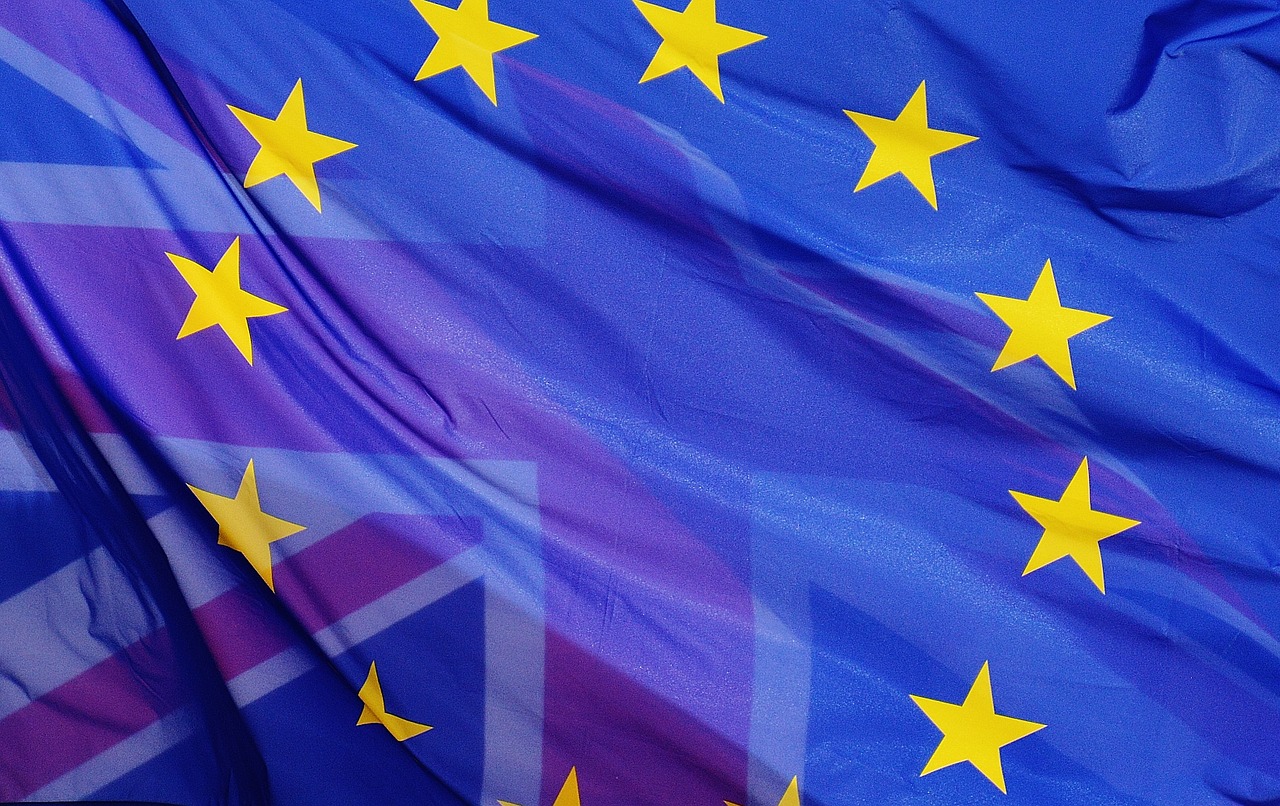The reason to stay in the post-Brexit EU should not be based on fear.
In 2018, Europe will celebrate the 100th anniversary of the end of the First World War and, in remembrance of that event, launch the “European Year of Cultural Heritage”. In the same year, several European states celebrate 100 years of national independence. It is also the 370th anniversary of the Peace of Westphalia that is commonly referred to as the birth of the sovereign nation-state in Europe.
In 2018, Britain is supposed to leave the European Union.
A decades-long period of EU enlargement finds an end with one member state saying good-bye to the EU. The 27 now have to decide whether a sincere “fare-you-well” in the literal sense of the word will be their response.
A community of fate or a community of interest?
When I saw the pound sterling plunging to a 31-year low after the Leave-vote, I clandestinely congratulated myself on the extraordinary luck to be able to benefit from a much cheaper British currency. No question, the worse the economic turmoil in Britain, the better for me.
Wait a minute! That is not a “fare-you-well”. In a way, it even helps understand why a country like Britain voted to quit EU membership. If an EU exit is constantly decried as inevitably spelling doom for the leaving member, a considerable number of citizens of the country of John Locke, Adam Smith and Isaiah Berlin (all philosophers of freedom) obviously feel compelled to take their chance.
Yet, though they are right to dismiss the European “all for one and one for all”-fairytale, rebounding to the modern juggernaut of national sovereignty is a jump out of the frying pan into the fire. For Boris Johnson’s and Michael Gove’s concept of a European concert is as much based on a common fate as the history-laden, value-driven one of Jean Monnet and Altiero Spinelli.
Europe or the EU?
In his victory speech Boris Johnson, the leading light of the Leave campaign, said: “We cannot turn our backs on Europe. We are part of Europe […].” However propitiating in tone, underlying these “realistic” words is a rather grim view on governments’ capability to act proactively in the international arena.
Johnson’s message: The European states are interdependent, regardless of any decisions coming from Brussels. As a part of Europe, the UK is part of a community bound together by factual constraints, economic and consequently political in nature, no single government is able to overcome. From that point of view, the EU is borne by a well-meant, but naïve and untenable idea of the innovative vim of politics.
So, Johnson concluded: “[…] there is simply no need in the 21st century to be part of a federal government in Brussels that is imitated nowhere else on Earth. It was a noble idea for its time but it is no longer right for this country.”
Need or option?
The best way to prove Johnson wrong is to show that he is right. In other words, the best way to prove that it is in all member states’ interests (i.e. “right” for them) to be members of the EU is to prove, in fact, that they do not need to be so.
A modern EU cannot derive its legitimacy from necessity due to circumstance. The revolutionary force of EU integration feeds on its capacity to stop the international state of anarchy from turning into chaos, not by abolishing the nation-state, but by redefining and thus redeploying the interests of the same.
We should not hope for an economic downturn in Britain as a result of the Brexit. We must not wait for a moment of Schadenfreude if Britain eventually asks to rejoin. The resentment against an undemocratic European lash that leaves no choice to member states would be just reinforced. The EU itself has to become an option; a viable option all governments can choose to exercise.
Incentives to be in the European Union
The EU has to go out on the limb in order to make this happen. This involves, firstly, the idea of the reversibility of EU actions. They are reversible as it stands already. Yet, take the public communication of the Eurogroup in the course of Greece’s prolonged debt crisis as an adverse example: insisting on the “rules of the club” as if they were set in stone does not promote an open discussion on EU politics.
Secondly, the European Commission should reestablish its (public) role as an arbiter between member states. EU membership would thus become an asset governments can use against political attrition.
Thirdly, the Commission and the European Parliament should speak up for the future generations in particular. By shifting the focus of politics to the future they can create a dynamic process member states are more or less free to join whenever they want to (“differentiated integration”). If non-participation does not cause immediate costs in the present, governments can vote to opt-out for the moment.
Lastly, a “membership on ice” is conceivable as ultima ratio for those member states having a structural interest in opting out from European integration, but seeking to avoid the kind of major disruptions the United Kingdom is facing just now.














Leave a Comment
Your email address will not be published. Required fields are marked with *